Washer Recommendatrions - Top Loader vs Front Loader
Shawn1972ut
10 years ago
Featured Answer
Sort by:Oldest
Comments (12)
housefairy
10 years agolast modified: 9 years agoRelated Professionals
Pleasanton Kitchen & Bathroom Designers · Verona Kitchen & Bathroom Designers · Beach Park Kitchen & Bathroom Remodelers · Los Alamitos Kitchen & Bathroom Remodelers · Pico Rivera Kitchen & Bathroom Remodelers · Pueblo Kitchen & Bathroom Remodelers · Casas Adobes Cabinets & Cabinetry · Key Biscayne Cabinets & Cabinetry · Walnut Creek Custom Closet Designers · Camp Springs Custom Closet Designers · Pleasant Hill Custom Closet Designers · Framingham Flooring Contractors · Lake Elsinore Flooring Contractors · Oregon City Flooring Contractors · West Linn Flooring ContractorsShawn1972ut
10 years agolast modified: 9 years agodadoes
10 years agolast modified: 9 years agocj47
10 years agolast modified: 9 years agoShawn1972ut
10 years agolast modified: 9 years agoShawn1972ut
10 years agolast modified: 9 years agokgdallas
10 years agolast modified: 9 years agolaundryvet
10 years agolast modified: 9 years agoherring_maven
10 years agolast modified: 9 years agorococogurl
10 years agolast modified: 9 years agoitguy08
10 years agolast modified: 9 years ago
Related Stories
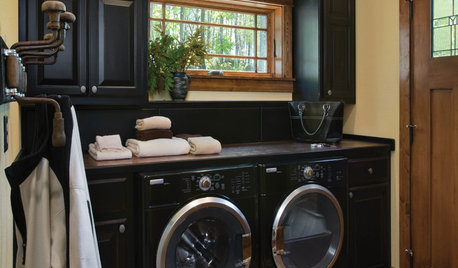
LAUNDRY ROOMSTop 10 Trending Laundry Room Ideas on Houzz
Of all the laundry room photos uploaded to Houzz so far in 2016, these are the most popular. See why
Full Story
LIFEThe Top 5 Ways to Save Water at Home
Get on the fast track to preserving a valuable resource and saving money too with these smart, effective strategies
Full Story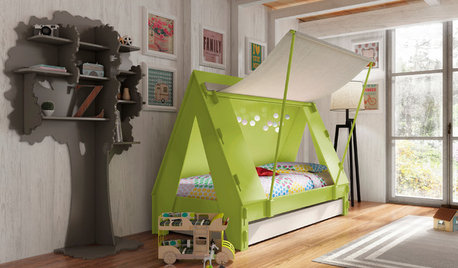
KIDS’ SPACESCool Kids’ Beds Sure to Top the Class
These inventive beds take children’s bedrooms to the next level
Full Story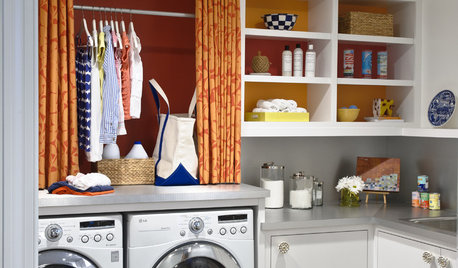
REMODELING GUIDESContractor Tips: Advice for Laundry Room Design
Thinking ahead when installing or moving a washer and dryer can prevent frustration and damage down the road
Full Story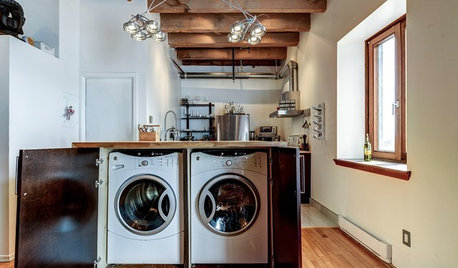
LAUNDRY ROOMSA Kitchen Laundry Cabinet Full of Surprises
A little DIY spirit allowed this homeowner to add a washer, dryer, kitchen countertop and dining table all in one
Full Story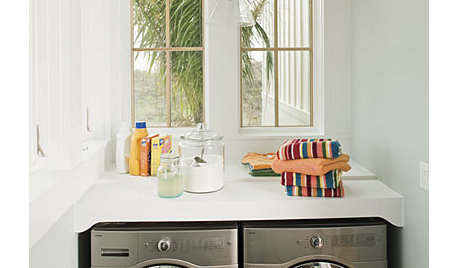
LAUNDRY ROOMSLaundry Makes a Clean Break With Its Own Room
Laundry rooms are often a luxury nowadays, but a washer-dryer nook in a kitchen, office or hallway will help you sort things out
Full Story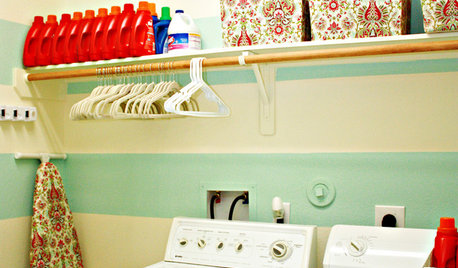
MORE ROOMSHow to Give Your Laundry a Boost
An organized laundry room is a great start. Here's what else you can do to keep your clothes in top form
Full Story
LAUNDRY ROOMSThe Cure for Houzz Envy: Laundry Room Touches Anyone Can Do
Make fluffing and folding more enjoyable by borrowing these ideas from beautifully designed laundry rooms
Full Story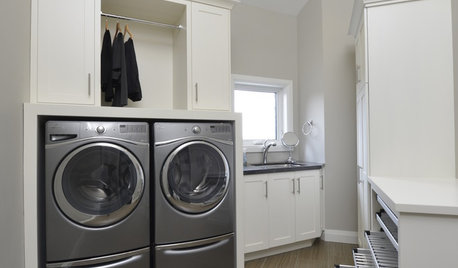
MOST POPULAR10 Smart Ideas for Your Laundry Room Remodel
Make washing and drying easier and more comfortable by considering ergonomics, storage and special features
Full Story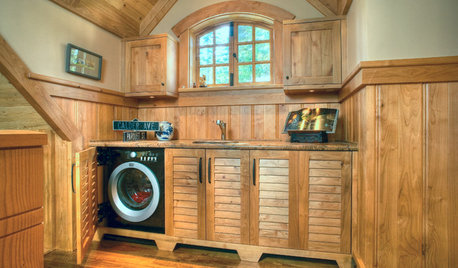
LAUNDRY ROOMSClever Ways to Hide a Laundry Station
When you don’t have a whole room to devote to the wash, use these solutions to tuck the machines out of view
Full StorySponsored
Columbus Area's Luxury Design Build Firm | 17x Best of Houzz Winner!
More Discussions






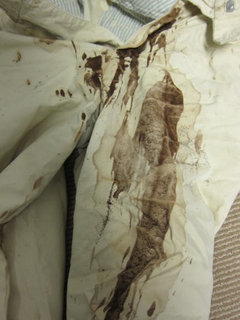

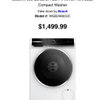
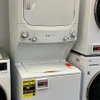
cj47